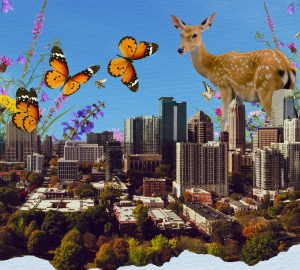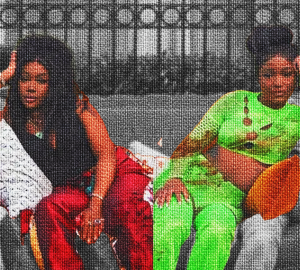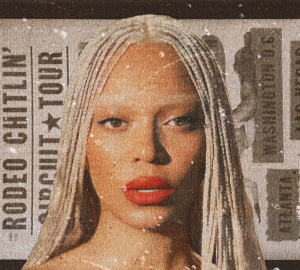New law could change how your creative work is handled legally
By Rachel Chaikof
“If you are going to school to become a visual artist, illustrator, photographer, sequential artist, or any other commercial art career where you sell reproduction rights to your precious work, this affects you,” said Jay Montgomery, professor of Illustration. “Imagine if every painting, photograph, video or even a song that you created had to be registered to a private digital database, with a fee attached to each registration.”
Montgomery said that there is a revised bill from 2006 that has reared its head again in Congress. It’s called the Orphan Works Act of 2008. “This bill will endanger the rights of anyone who creates intellectual property,” according to Open Forum invitation sponsored by the IPA recently held at the Society of Illustrators. “It will expose your art to commercial infringement. It will include work from professional paintings to family snapshots, published and unpublished work and any image that resides or has ever resided on the Internet. It will force you to register every picture with privately-held commercial registries. It will make all unregistered works potential orphans.”
Montgomery said that if this is passed in its current state, registering your work is exactly what you will have to do to protect yourself from someone infringing on your work. “This is a radical departure from international copyright law and normal business practice.”
Under this bill, even if you have already registered your work with the U.S. Copyright Office, you will have to re-register with one or more private image databases at additional costs, according to Montgomery. This radical change to U.S. copyright law will shift the burden of diligence from infringers to rights holders. You should not have to pay businessmen to keep the work you’ve created, according to Open Forum invitation sponsored by the IPA recently held at the Society of Illustrators. “As an artist this would be a time intensive and costly burden,” he said, “You can choose to not register and have the potential for your work to be infringed upon more so than it is now. This bill makes it easier for others to steal your work and harder than ever before for individual artists to protect their work.”
The original reason for this bill is to give museums, libraries and other educational and non-profit organizations the legal right to use old photos and art where they have no way of getting permission to use them, according to Montgomery. An “orphan work” is a photograph or illustration that is protected by copyright but whose copyright owner cannot be identified or located. It is easy to understand the need for a way to legitimately allow the use of truly orphaned works for these not-for-profit entities. Montgomery pointed out that it’s obvious to him that there is no specific language that does nearly enough to protect visual works that are created specifically for commercial purposes.
Several illustration, photography, and artist organizations have been opposed to this bill since it was originally introduced in 2006, according to Montgomery.
“The Orphan Works Act is an assault on national and international copyright laws. It’s an assault on the property and privacy rights embodied in them,” according to the Open Forum invitation sponsored by the IPA recently held at the Society of Illustrators, “Illustrators, photographers, fine artists: let’s come together and act to keep Congress from orphaning our work.” Two minutes is all it takes to write Congress and fight for your copyrights. Get online and go to this Web site: www. capwiz.com/illustratorspartnership/home/.

























